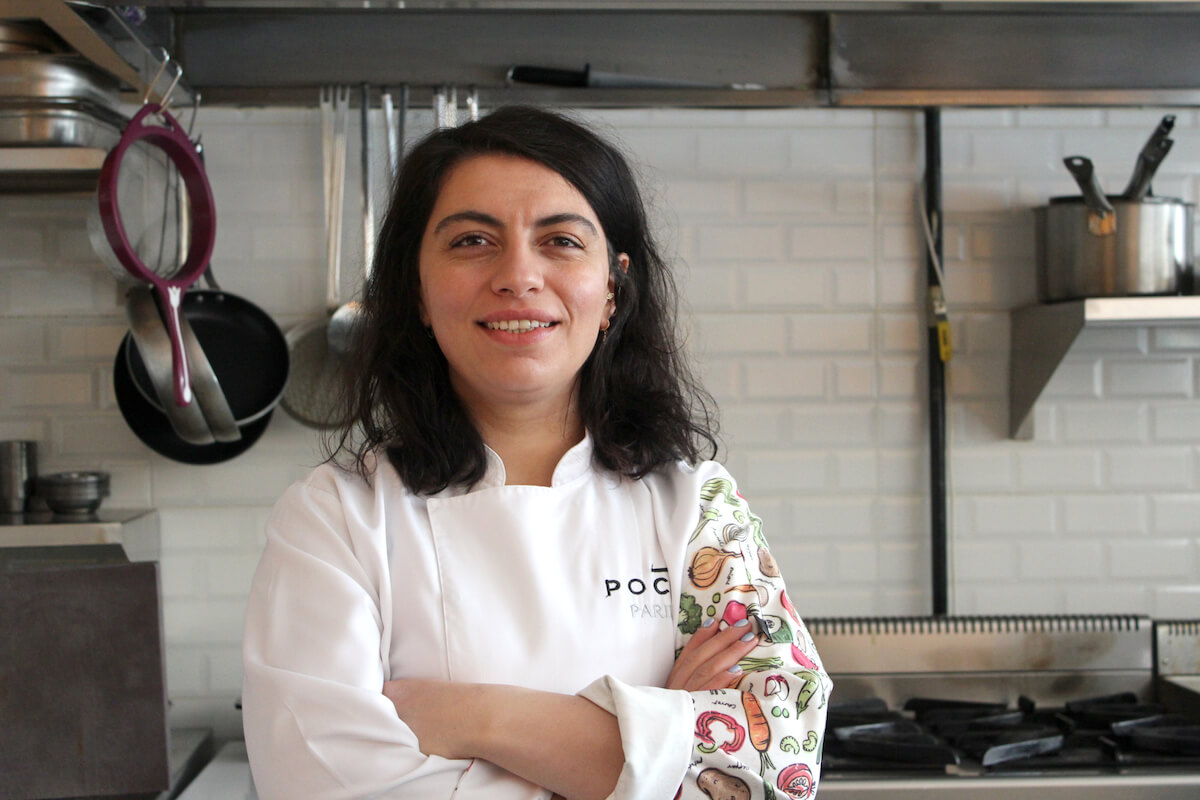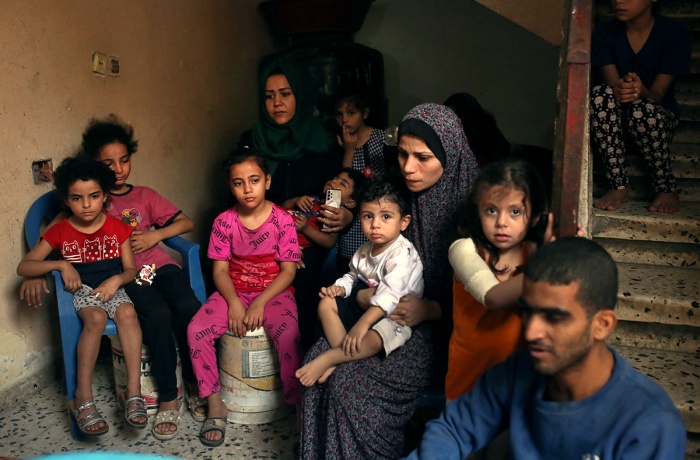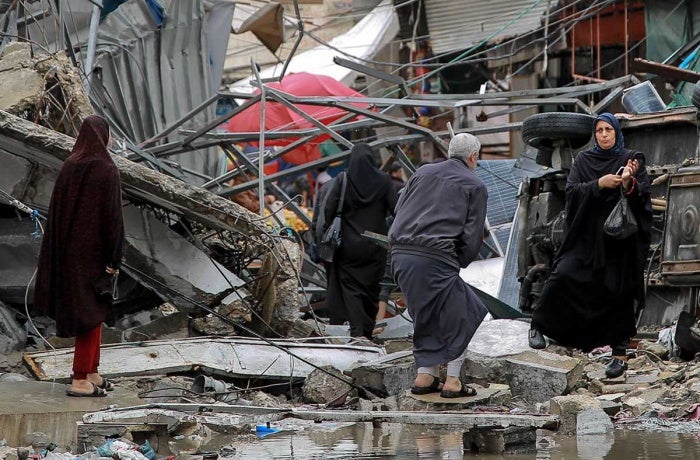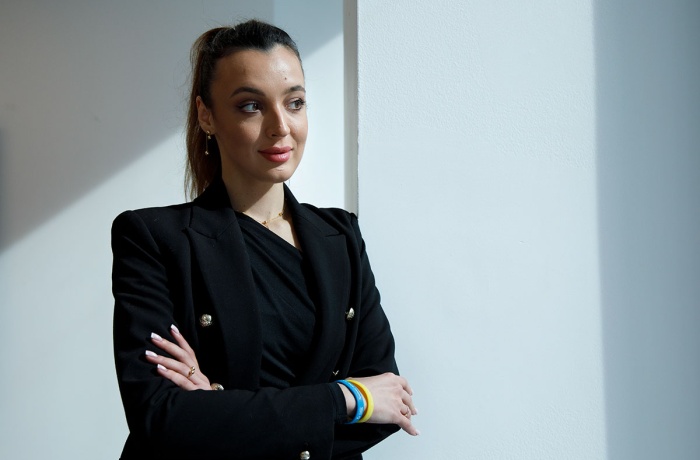In the words of Sevgim Parıltı: “Your choice can make a difference. Just like me, helping as a chef at the forefront of the crisis response.”
Sevgim Parıltı is a professional chef and the owner of a restaurant in Ankara, the capital of Türkiye. Following the 6 February earthquakes that struck 11 cities in the country’s southeastern region, Parilti made the decision to travel to İskenderun, one of the most affected cities, to cook for and serve the survivors.

I was born and raised in Kars, a small city in eastern Türkiye. Despite textile work being a family occupation, my dream was to become a chef. But due to financial difficulties, I could not afford to study gastronomy, which would have required an expensive move to a big city like Istanbul. I tried studying business in Kars but dropped out of school because I didn’t feel that I belonged.
I worked for some years in the textile industry while still dreaming about becoming a chef. When I shared this dream with people, I heard comments such as “How will you become a chef as a woman? being a chef requires strength and endurance.” But I knew I had what it took. So, I saved money, packed my bags, and moved to Ankara to enroll in a culinary arts course. While studying, I worked in restaurants in Ankara, and continued working there after completing the course. Then I started my own business. It has been three years since I opened my restaurant.
I woke up on 6 February to the news that our country was hit by devastating earthquakes. I started thinking about what I could do to help and decided to put my cooking skills to use. I coordinated a network of chefs; we gathered what we had at hand and went to the region. I handled the logistical planning and legal permits and found donors who provided kitchen utensils and ingredients.
With a team of 17 chefs, we arrived in İskenderun four days after the earthquakes. Many people in the region helped us by offering all their resources to help. We distributed 1,500 meals on the first day; 3,000 on the second day; and 6,000 on the third day. Over 10 days, we served 110,000 meals. We aim to sustain this effort for as long as it takes.
It was not easy being there. I tried to focus on cooking and coordination to keep myself together. Many women approached me, some living by themselves, some with no one else to reach out to, some with newborn babies, asking for diapers and baby food, others looking for sanitary pads. They made me realize how gender stereotypes remain present in times of crisis, and how women’s specific needs are often overlooked . Being there as a woman, at the forefront of the response, was critical to understand and support the needs of women and girls. Once I was discriminated against for my decision to become a chef. But women should be able to work everywhere, their voices should be heard, and they should benefit equally from services.
Now, I want to support the girls who survived the earthquake in pursuing their dreams. I want to remind them that they can be anything they want, free from any gender roles, just like me. If you put your mind to it, nothing is impossible. Nothing should stop you from going after your aspirations. Your choice can make a difference, just like me helping as a chef at the forefront of the crisis response.








